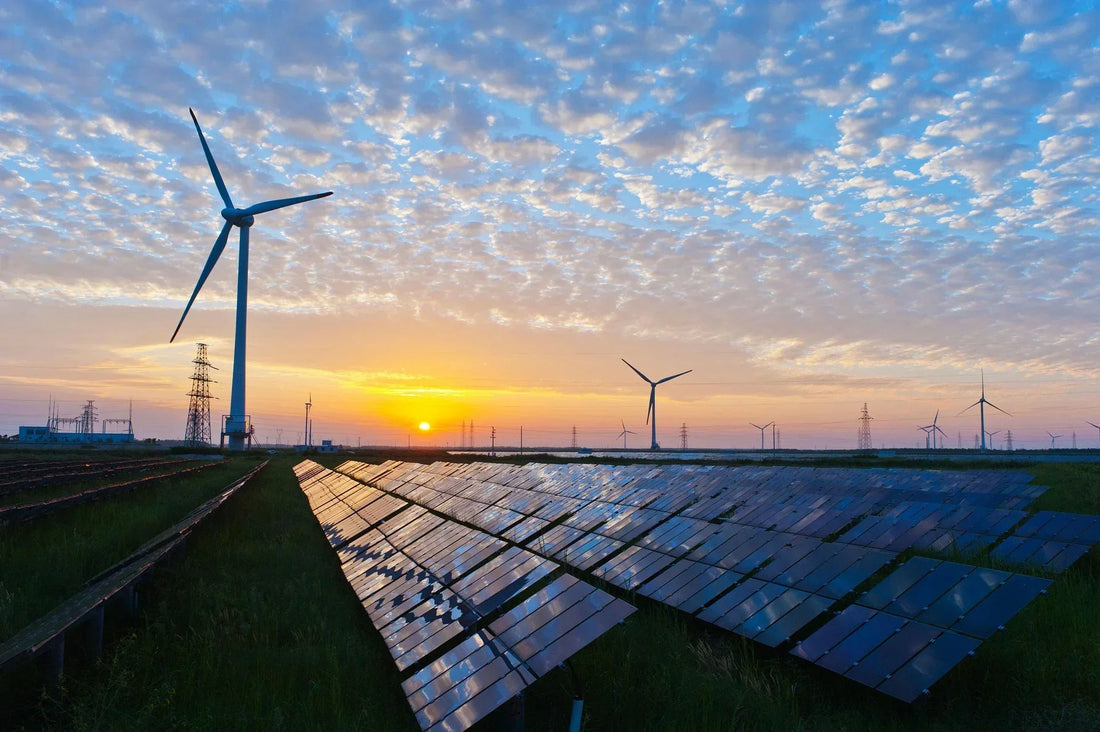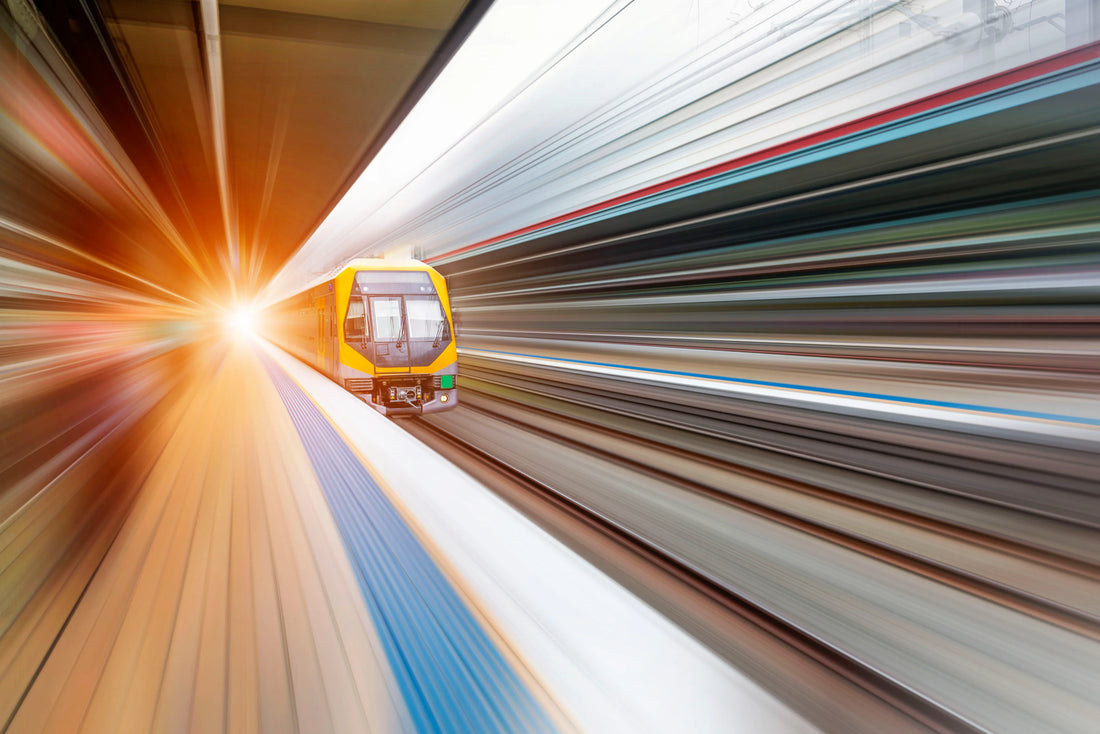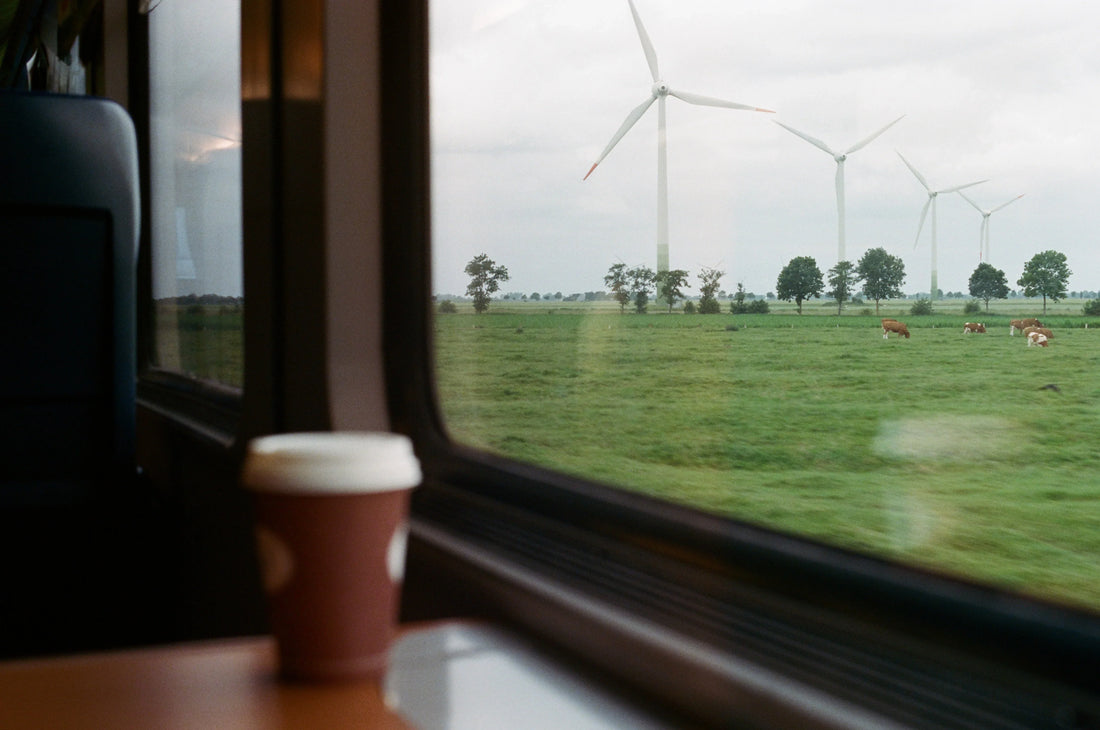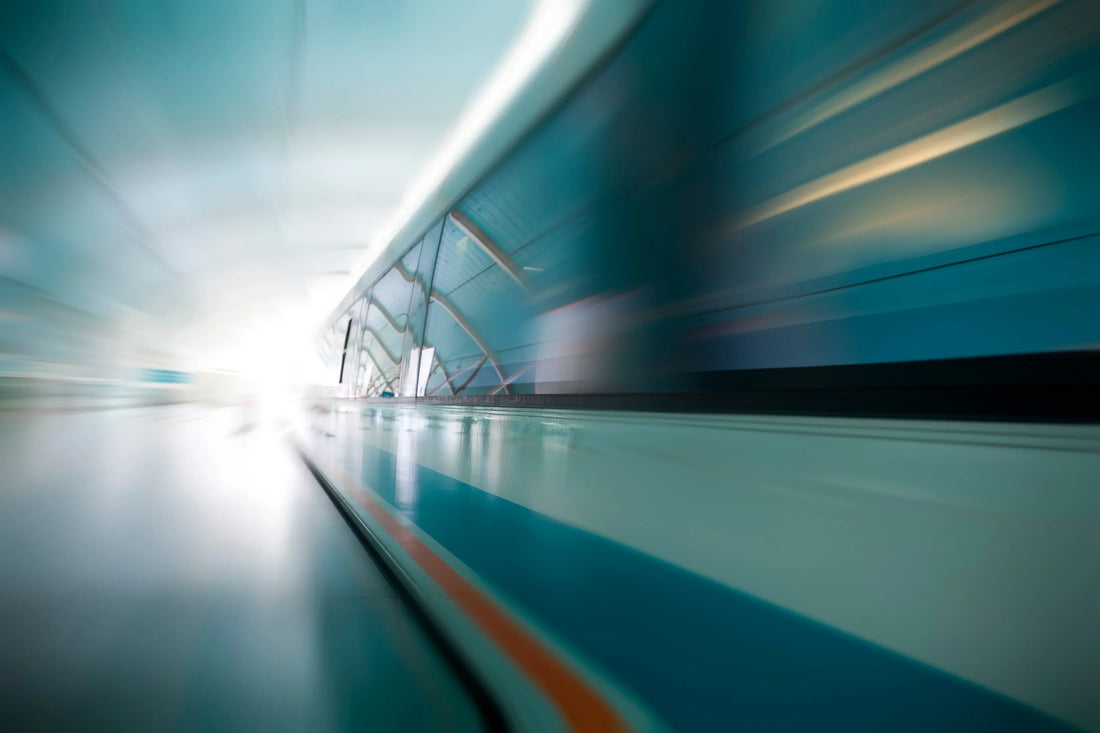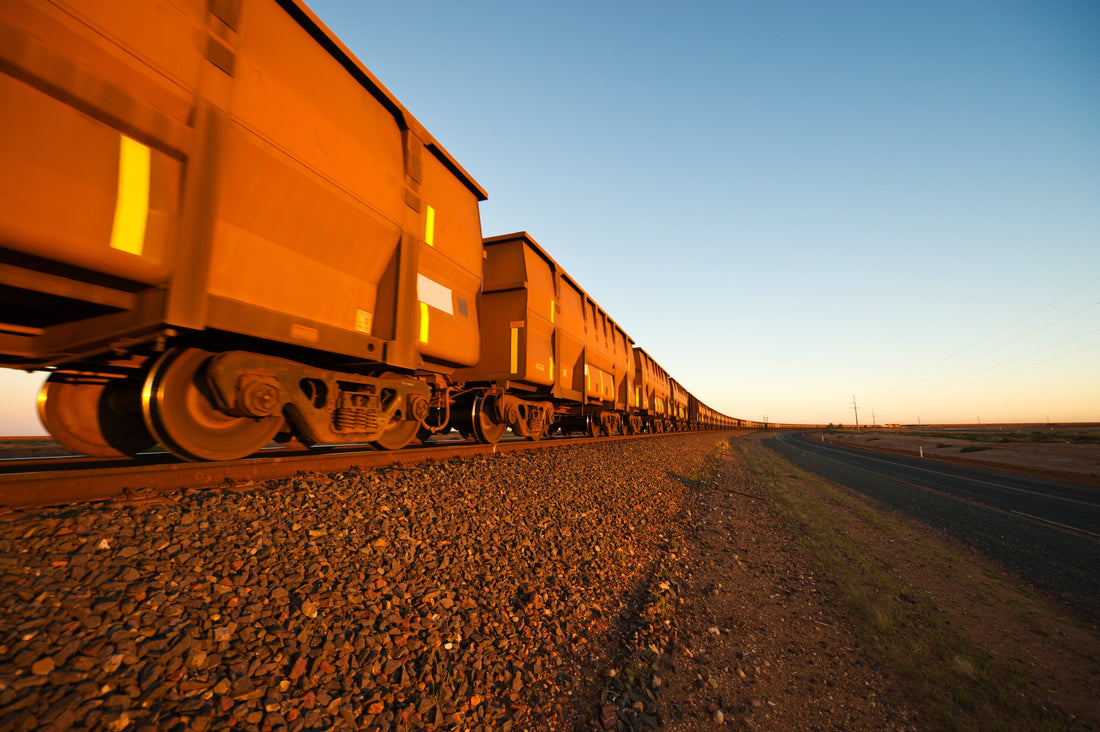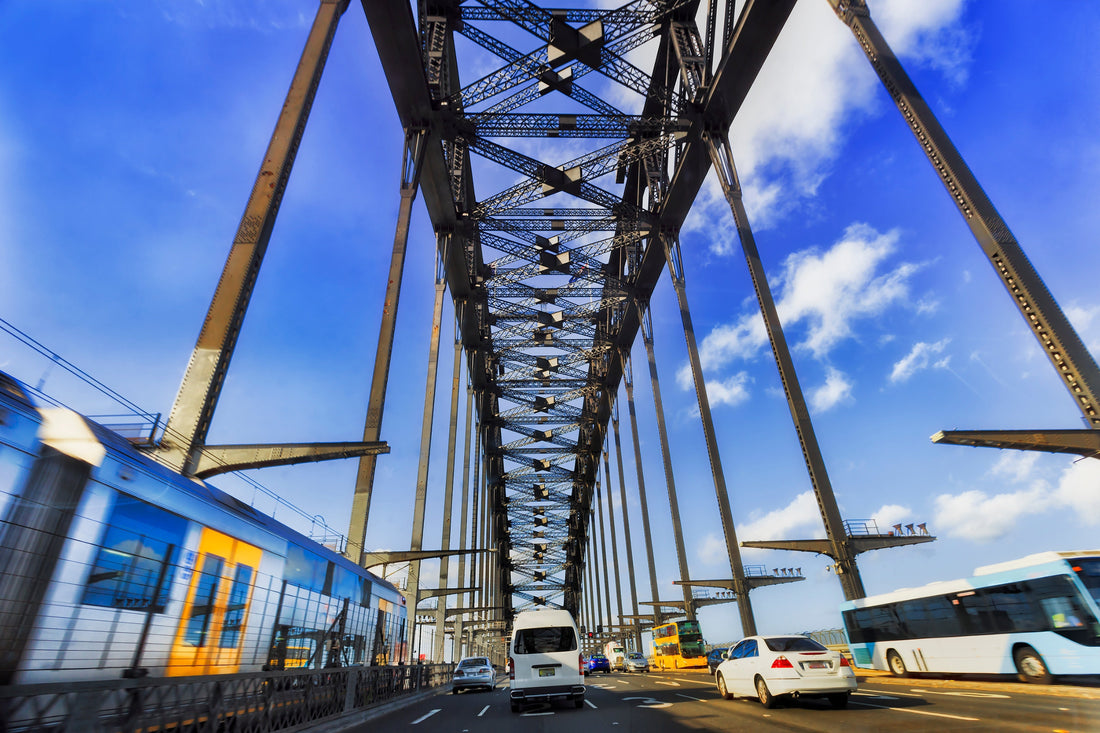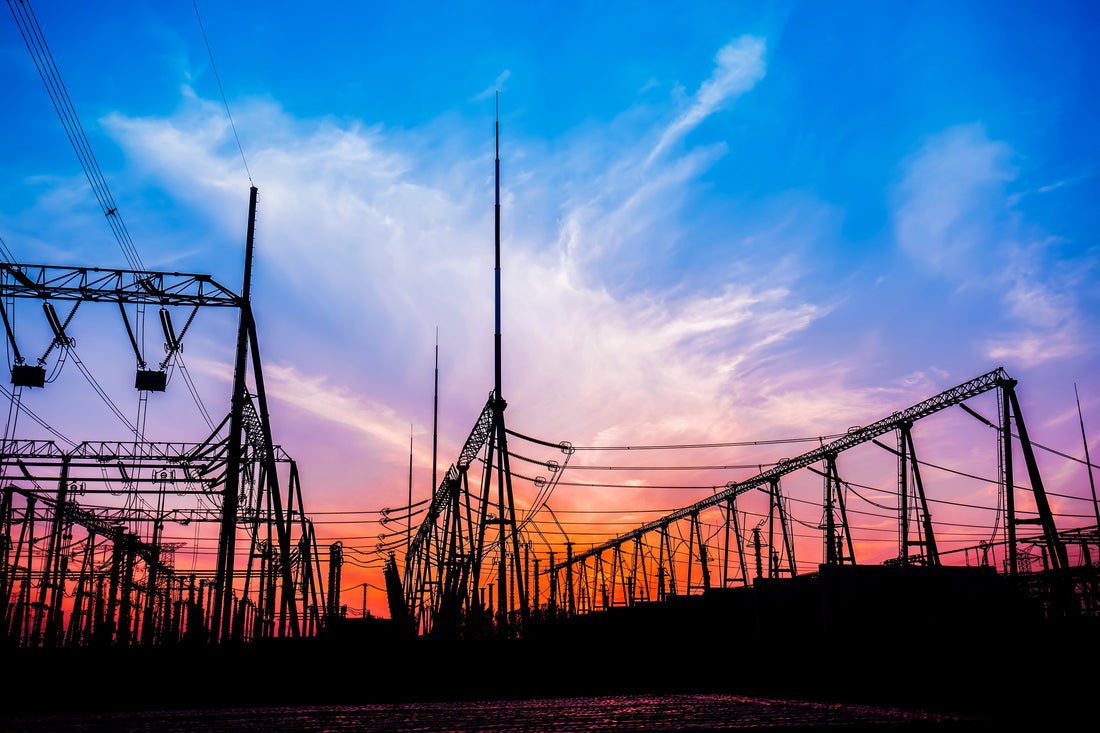The rising cost of diesel is prompting rail companies to explore alternative fuels, many of which (along with being a more cost-efficient option), are much kinder to the environment.
In North America, the rail network stretches approximately 225,000km across the country. But unlike Russia and Europe which have relied on electric traction for some time now, the necessary overhead infrastructure is almost completely absent on the American freight network. This leaves diesel as the fuel source for most companies.
In Australia, a recent international study found that Australians use more energy per kilometre of travel than people living in both developed nations like the United States, along with emerging economies like India and Brazil. Out of the 16 major OECD countries studied, Australia ranked last for transport. The report also noted that Australia was the only country with a “clear backward trend.”
When rail lines undergo electrification, they offer an opportunity for reduced emissions (as long as rail companies source electricity from diesel alternatives). Rail companies in Australia have a huge opportunity due to the higher efficiency of electric trains and can greatly reduce emissions. Electric-powered trains are cheaper to run and cheaper to buy. With the continual rise of diesel fuel, most rail companies will need to consider how they can reduce their reliance on oil in the future.
In 2004, oil prices were on the rise, yet governments were forecasting that it would drop back down to US$20 a barrel. However, by 2008, oil prices peaked at approximately US$146 per barrel.
While the global recession saw oil prices recede and oil prices are more restrained, we can expect prices to continue to increase over the next decade.
Both gas-powered and hybrid-powered trains can provide rail companies with massive gains in pollution reduction and fuel efficiency. Trials and developments of these technologies have been underway for some time.
When trains brake, kinetic energy is created. But with diesel trains, this energy is wasted, reducing overall efficiency. Regenerative braking has been available for the past few decades, and utilises this braking energy, reducing the amount of energy required to power the train. For electric trains, the electricity produced from the regenerative braking is then fed back into the electricity supply system.
While electrifying long-distance freight routes is sometimes unfeasible due to the high capital costs, hybrid-powered trains are one of the best ways to reduce emissions. Hybrid trains use a combination of electricity stored in batteries and diesel to power their loads. The hybrid technology includes on-board rechargeable systems for energy storage. These are placed between the traction system and power source which means that the extra energy from regenerative braking is collected and used to keep the train moving.
Newer, more efficient trains are beginning to be rolled out within the rail industry. However, as diesel prices continue to be volatile, and rail companies face increasing regulations and pressure for sustainable energy, we can expect to see more rail companies moving to hybrid and off-grid power solutions.
Want to learn more about how your business can benefit from hybrid and off-grid power? Get in touch today and let’s talk.
















